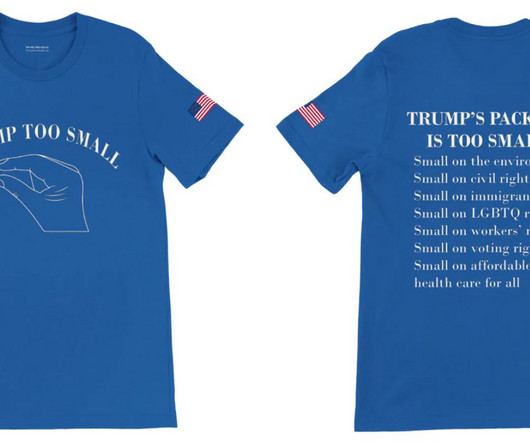Can AI-generated works be protected by copyright? No, according to US Copyright Office.
CopyrightsWorld
APRIL 29, 2022
The US Copyright Office has determined that some AI artworks cannot be copyrighted in the United States. Last Monday, the Copyright Office issued a fresh ruling rejecting a request to copyright an AI-generated artwork. “Visions of a Dying Brain” created by AI. ” An Exchange of Letters with the Copyright Office.












Let's personalize your content